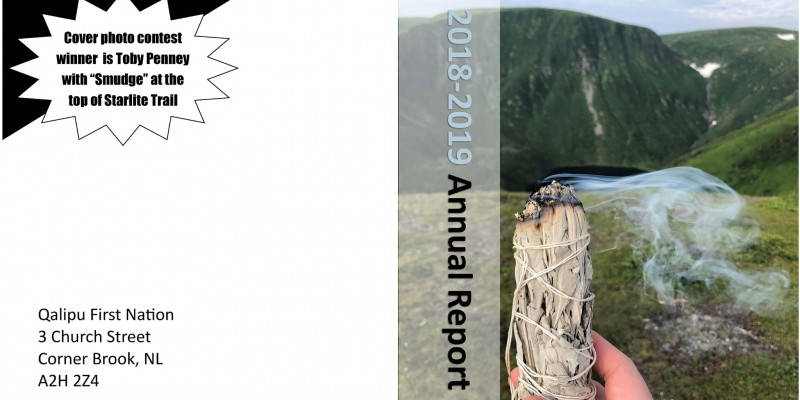Please be advised that the Qalipu Mi’kmaq First Nation Band will hold its Annual General Assembly (AGA) to discuss the activities of the Band for the fiscal year of 2019-2020. The AGA will be held on September 27 at 1:30 pm in Corner Brook at the Civic Centre.
Members of the Band are invited to pre-register for the meeting if attending in person. Please be advised that attendance is limited due to COVID-19 restrictions that are currently in place. To pre-register, please call 634-5111 or email council@qalipu.ca.
Members are encouraged to tune in to a live stream of the meeting which is accessible through the ginu membership database. If you need help accessing your profile, or have questions about how to view the live stream, please contact our Indian Registration Administrator at 709-634-4010 or toll free (Newfoundland only) at 1-855-263-6440
The Annual Report will be published on our website, copies will be available at the meeting, and at our office locations for pickup. For your reference, please find a copy of our 2019-2020 audited financial statements, which will be presented at the AGA, here: https://qalipu.ca/reports-and-financial-statements/

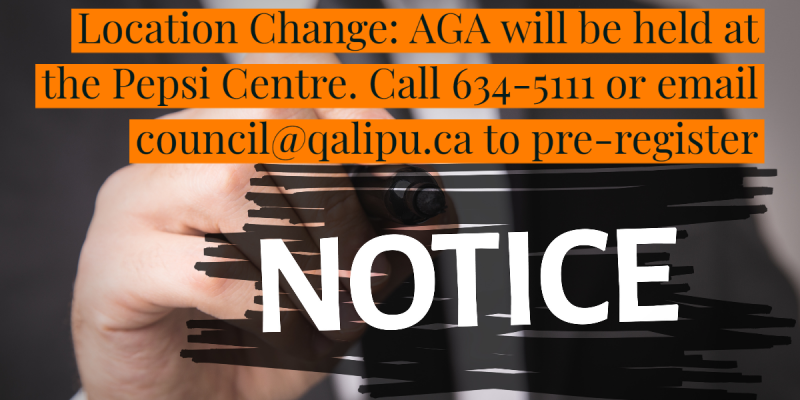
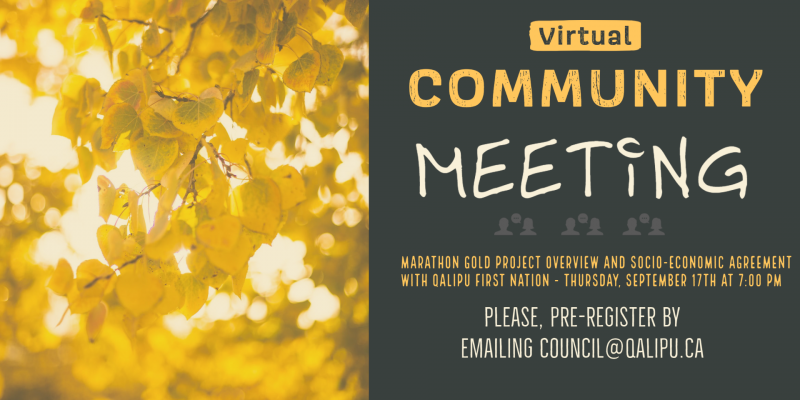

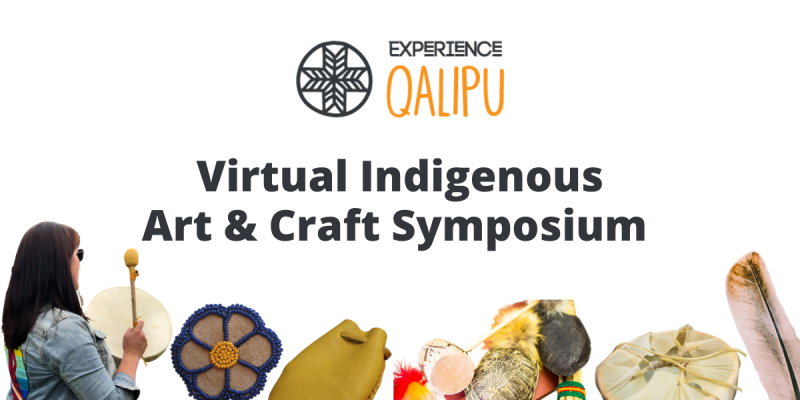



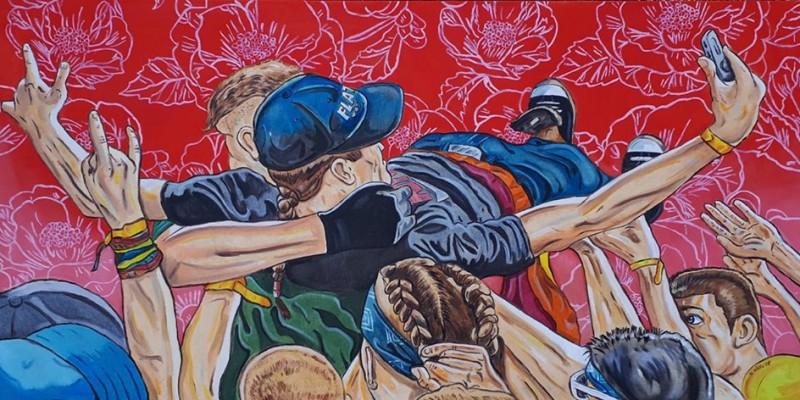


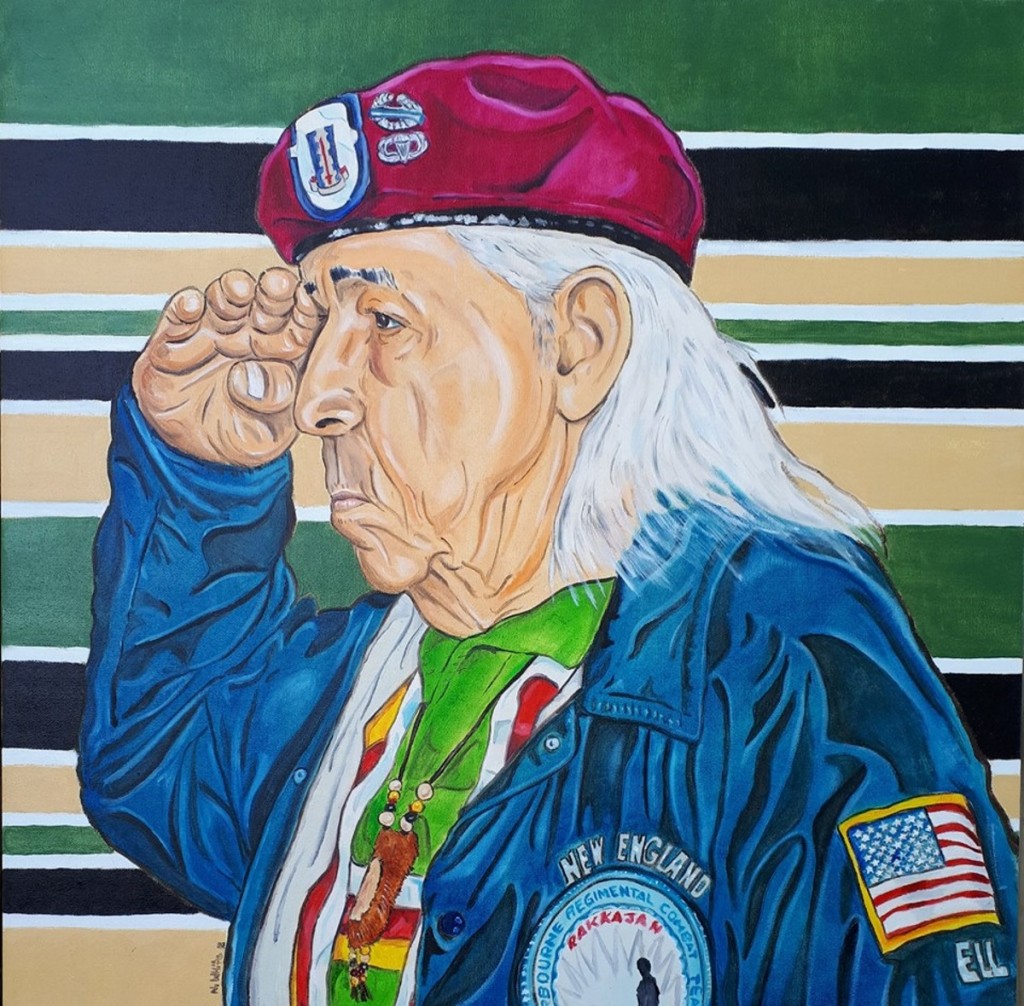

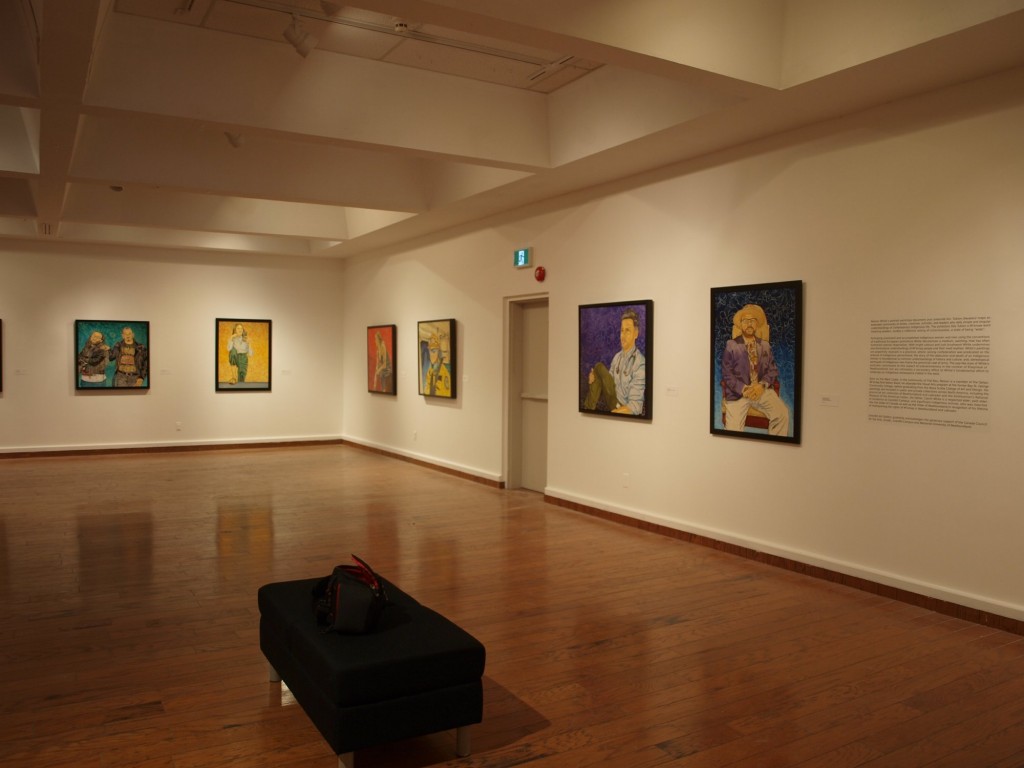

 When I asked Trinity what stands out in her memory about Phyllis, she thought for a moment and said, “She was silent but outgoing at the same time.”
When I asked Trinity what stands out in her memory about Phyllis, she thought for a moment and said, “She was silent but outgoing at the same time.” “I’ve known Phyllis since I was little, I used to hang out with her kids. Phyllis was an awesome mom.”
“I’ve known Phyllis since I was little, I used to hang out with her kids. Phyllis was an awesome mom.” Phyllis shared some details about her love of the land and how important it is to pass this appreciation on to the next generation. She’s a mother of five, grandmother of ten, and great-grandmother of three and Phyllis says she enjoys sharing nature with them.
Phyllis shared some details about her love of the land and how important it is to pass this appreciation on to the next generation. She’s a mother of five, grandmother of ten, and great-grandmother of three and Phyllis says she enjoys sharing nature with them.